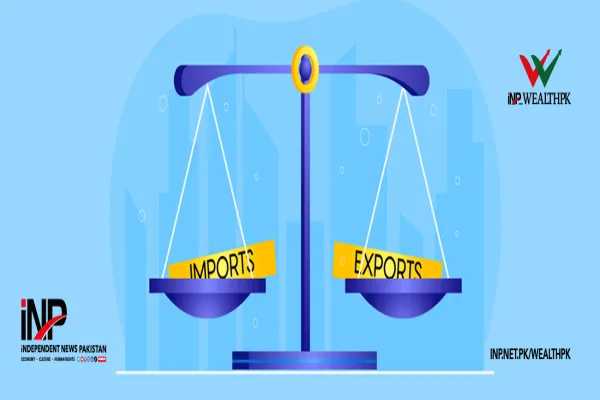i INP-WEALTHPK
Amir Saeed

Pakistan’s energy sector faces multiple challenges, including high tariffs, power shortages, transmission losses, and a lack of investment. The government has to pay a fixed amount to independent power producers (IPPs) even if it doesn’t use electricity produced by them. At the same time, people are using less electricity from the grid because the prices are too high, making the crisis even worse. The Competitive Trading Bilateral Contract Market (CTBCM) offers a promising solution to address the issue. CTBCM is a market-based approach that enables bilateral trading of electricity between generators, distributors and consumers. Talking to WealthPK, Tauseef H Farooqi, former chairman of National Electric Power Regulatory Authority (Nepra), said that the current system, which is dominated by the government, has resulted in surplus grid generation capacity and costly take-or-pay contracts, weighing on the sector's efficiency.
“There is a need for a transition to the CTBCM system, which would allow bulk power consumers to buy electricity directly from generators, thus boosting competitive energy prices and eliminating reliance on expensive contracts.” He explained that the CTBCM regime provides a promising option for the country's power sector by allowing businesses and consumers to buy electricity directly from suppliers at competitive prices. “This transition is critical for export-oriented businesses to remain competitive in the global marketplace. The regime also allows businesses to purchase clean energy directly from developers, lowering their carbon footprint and working towards net-zero targets.” Tauseef pointed out that the government's monopoly on the sale and purchase of energy was not only inefficient but also detrimental to the sector's development.
He highlighted that the government's role should be confined to regulation, with the market determining prices and supply. He suggested the government declare a competitive figure for system charges and a timetable for the first bilateral transaction to open the electricity market to businesses. “The CTBCM regime is an excellent alternative for the country's energy sector to reform and revitalise. By allowing businesses and consumers to buy power directly from providers, the regime would boost competition, lower costs, and increase efficiency.” Talking to WealthPK, Zeeshan Ashfaq, chief executive officer of Renewable First, which designs and builds renewable energy systems, said that the country faces the challenge of a looming energy crisis, and the CTBCM regime provides a beacon of hope. “By implementing this new market model, the country would unlock the full potential of its energy sector in driving economic growth, and reducing carbon emissions.”
He highlighted that CTBCM promotes competition, leading to better pricing and services for consumers. “To implement CTBCM effectively, a regulatory framework must be established to govern the market. A robust trading platform and infrastructure are also crucial to ensure market access and participation for all stakeholders.” Zeeshan explained that training and capacity-building programmes were necessary to ensure that the participants were equipped to navigate the new market. “Addressing existing infrastructure and technological limitations is crucial to successful implementation.” “Managing potential market volatility and risks will require careful planning and mitigation strategies. Ensuring equitable access and benefits for all stakeholders will be essential to creating a fair and sustainable energy market.”
Credit: INP-WealthPk









